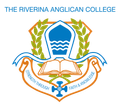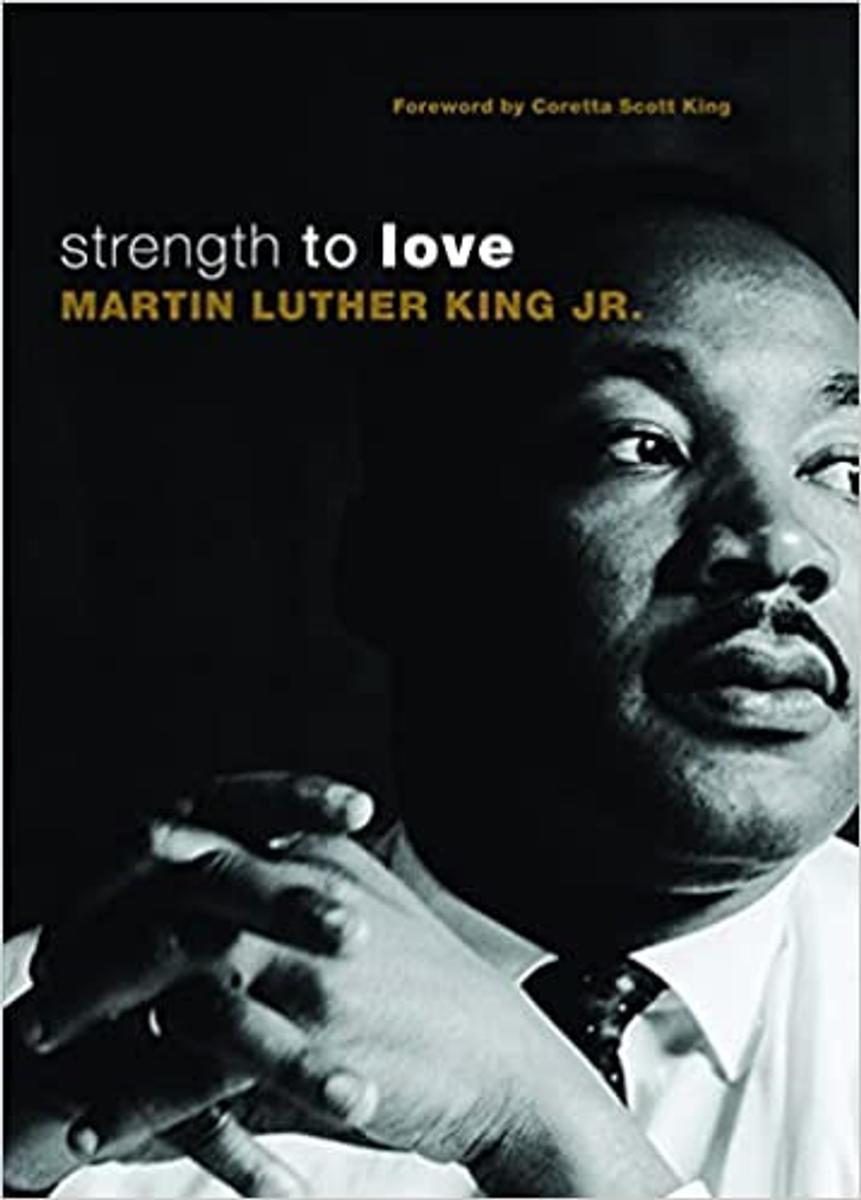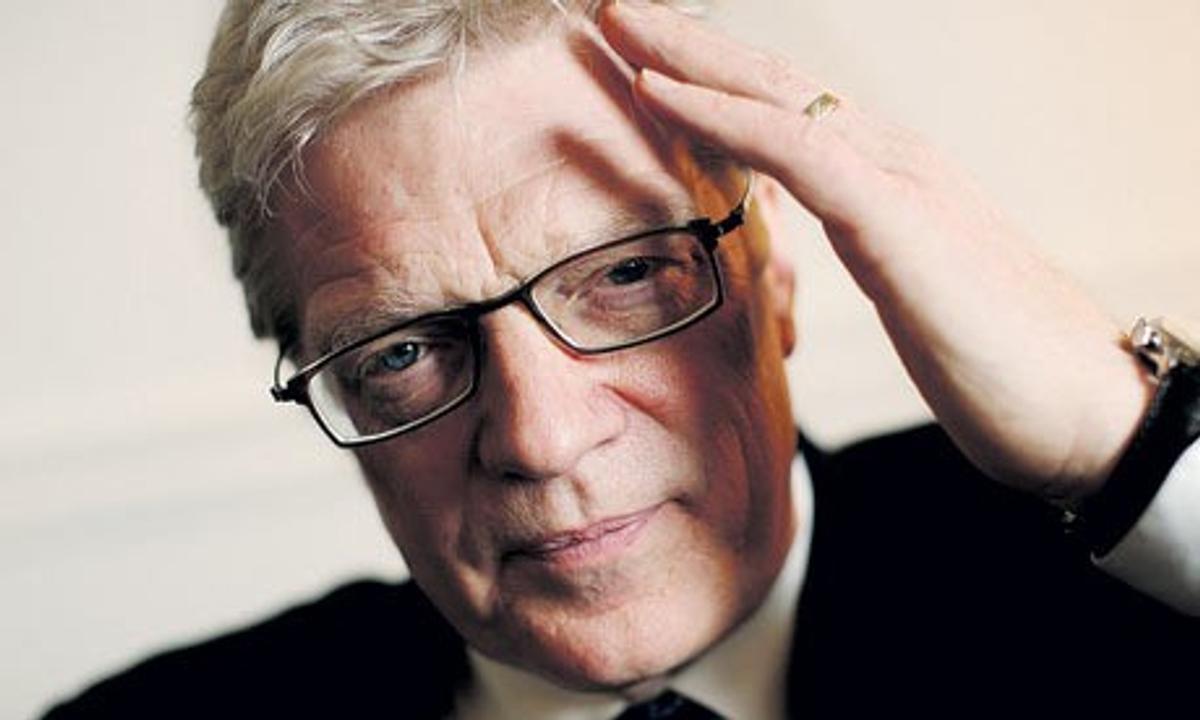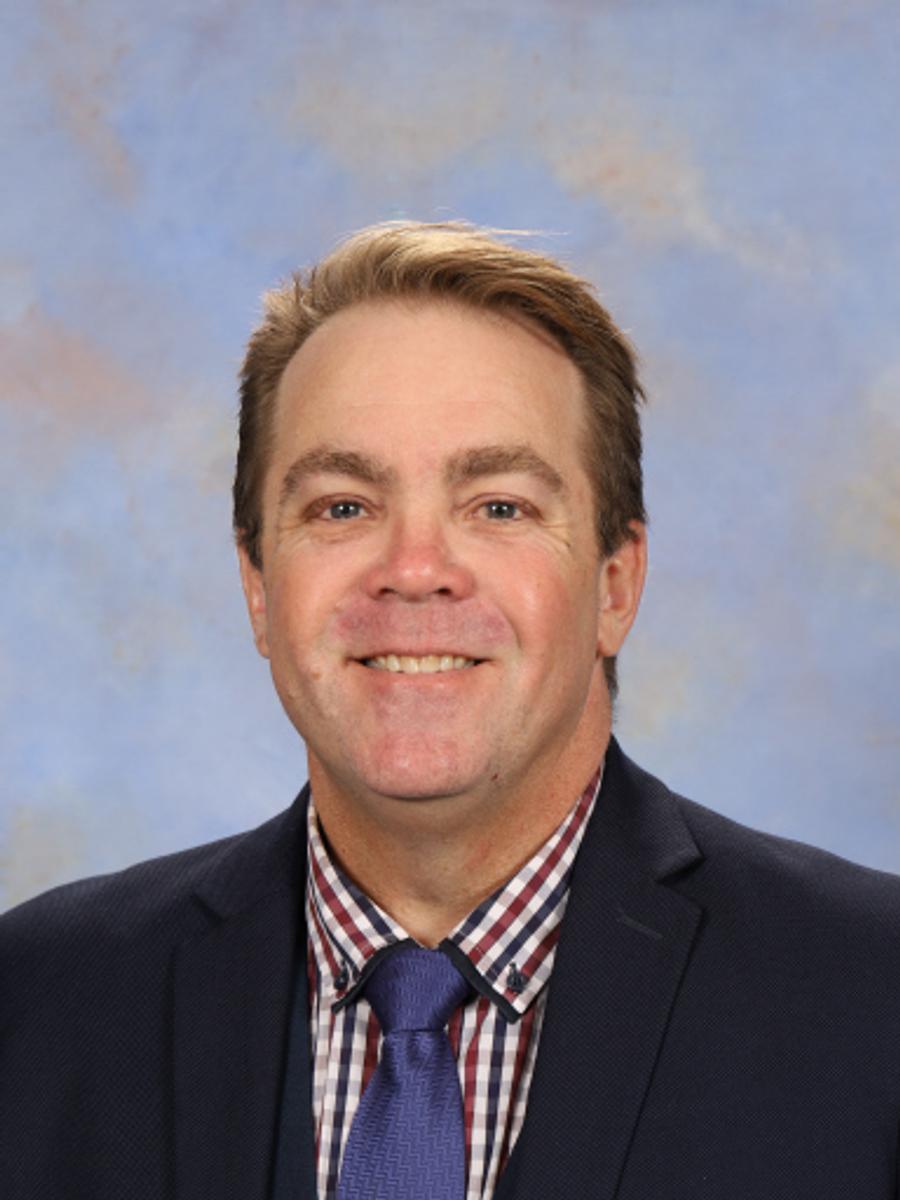PRINCIPAL'S REPORT

Some penultimate musings…
Outside of the members of my family and people who put themselves at risk for a just cause, I do not have much experience in experiencing the word hero. Certainly not in my sport, social, academic or work life – but upon reflection this week I have been continuously drawn to a couple of people I have the utmost admiration and respect for – Dr Martin Luther King Jr and Sir Ken Robinson.
When I was a young man, having just left my home town of Brisbane for the first time, I was fortunate to meet a fellow by the name of Sitivini Rogimura on my first day of College at the University of New England. An exceptional human being from Suva in Fiji and a towering intellect in every sense of the word. I emerged from my first sociology lecture with a head crammed full of new ideas and inspirations regarding human behaviour, cultural mores, beliefs and identity, social interaction, social relationships, institutions and change and found Siti engrossed in the lines of a tattered copy of Dr Martin Luther King’s book – Strength to Love. Starry-eyed as I was, I was keen to continue to discuss the themes how of society shapes us, how we shape society, how the modern world came about, and how it might develop into the future. But Siti was fixated on a quote from Dr King and it is a quote that has stuck with me each and every day since 24 February, 1993:
“Nothing in the world is more dangerous than sincere ignorance and conscientious stupidity.”
This comment from Dr King was an explanation of the rationalisation of the enslavement, mistreatment, and vilification of African Americans by the white community, and for Siti, this comment had very real and very practical applications and experiences. Needless to say, the ensuing conversation between two young men - one largely ignorant of the world and one tragically already too familiar with its racist undertones, shaped the rest of my life and will continue to do so. The quote too, has resonated with me in myriad situations throughout my personal and, most often, my professional life. A lack of passion to learn, to grow, to discover, to experience the new and wonderous and to embraced all that is different to my experiences is anathema to me. To be genuinely involved in education is to embrace a genuine calling to break out of old mindsets and explore the possibilities of the future – and this quote reminds me of that every day.
Whilst many readers will be familiar with the historical significance of Dr King, many may not be familiar with the amazing work of Sir Ken Robinson – but every teacher who has graduated in the last couple of decades, browsed a TED Talk site or read a respectable educational journal, will know him. His professional bequest to us all is an audacious and compelling examination of our current educational paradigm. Robinson argued that schools mistakenly dedicate most of their time to largely redundant practices such as studying or teaching just to pass a test, standardised assessments and the consumption of content, and as such the current global educational system where very little has changed in a century or more and was initially designed to produce graduates who are severely lacking in creativity, originality and inspiration – is failing our students.
In his most well known presentation, Do Schools Kill Creativity?, he stated:
Our education system is predicated on the idea of academic ability. And there's a reason. Around the world, there were no public systems of education, really, before the 19th century. They all came into being to meet the needs of industrialism. So, the hierarchy is rooted on two ideas.
Number one, that the most useful subjects for work are at the top. So you were probably steered benignly away from things at school when you were a kid, things you liked, on the grounds you would never get a job doing that. Is that right? "Don't do music, you're not going to be a musician; don't do art, you won't be an artist." Benign advice -- now, profoundly mistaken. The whole world is engulfed in a revolution.
And the second is academic ability, which has really come to dominate our view of intelligence, because the universities design the system in their image. If you think of it, the whole system of public education around the world is a protracted process of university entrance. And the consequence is that many highly talented, brilliant, creative people think they’re not, because the thing they were good at at school wasn’t valued, or was actually stigmatized. And I think we can’t afford to go on that way.
For decades now, most of the world’s quality educators agree that they want their students to be ‘critical thinkers,’ rather than consumers of content. Robison championed the absolute need for all of us to think more critically about thinking. Sir Ken Robinson compels us all to think with greater clarity about what we really want for students and for schools in the 21st century.
For most of us, the problem isn’t that we aim too high and fail. It’s just the opposite: we aim too low and succeed.
The quote above is my favourite (and there are many of them) from Robinson. As an educator, aiming for the middle is an all too easy trap to fall into. We must, at every opportunity, strive to raise our students up, encourage them to reach beyond their perceived or predicted potentialities and always believe that, for them, the best is yet to come. Irrespective of traditional notions of academic ability, all students should strive for personal excellence. I will be forever indebted to Sir Ken Robinson for allowing me insight into his brilliance and perception and understanding that we are running out of time in reference to developing cultures where we embrace and value divergent thinking in schools.
This, to me, was most apparent at the recent Glasgow Climate Change Conference. It is obvious that the most urgent issues faced by humanity simply are not going to be solved through the continuously failing paradigm of trying to get to a single correct answer. The serious issues of climate change, poverty, violence, racism, sexism, intolerance and, yes, education, will only be rectified through creativity and divergent thinking, where the imaginations of future leaders and thinkers can flourish unconstrained, subjects and content can emerge from their Industrial Era constraints, mindsets and unitary silos. Once these shackles are tossed asunder, I am supremely hopeful that the brilliance, passion and creativity of our young men and women, including those who attend The Riverina Anglican College, will come to the fore and the next generations will unite in the spirit of collaboration and a shared humanity in the hope of a better world for everyone...and the possibilities will be endless.
Paul Humble | Principal



